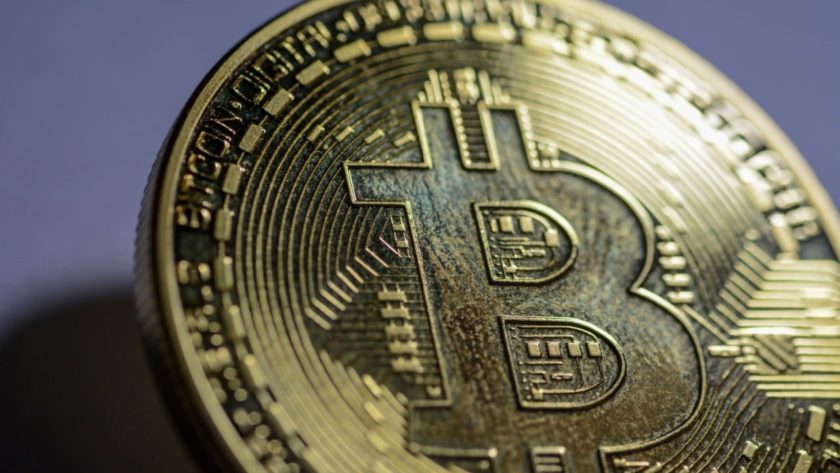An unprecedented year, 2020 has sent the global economy into a tailspin in an effort to compensate for COVID-19-related difficulties. If the traditional system collapses, Bitcoin will become vital, according to United States Senator-elect Cynthia Lummis.
“If we reach the point where we have overspent so much that things start crashing down, the black swan event occurs with regard to any fiat currency — whether it’s ours or yours or China’s or Japan’s — that there is a backstop available to every government in the world, and that backstop is Bitcoin,” Lummis told Peter McCormack during a recent episode of his What Bitcoin Did podcast.
Government actions and media coverage around COVID-19 spiked in March, resulting in businesses’ closures and economic difficulties. Problems have since persisted in terms of economic stimulus and health matched with government COVID-19 mandates.
Hailing from the crypto-friendly state of Wyoming, Lummis wants to further Bitcoin awareness among U.S. authorities. “I really want to use my time in the U.S. Senate in part to help introduce the topic of Bitcoin,” she said, explaining her desire to:
“Increase the understanding in the Senate about Bitcoin, what it is, what it does, how it can be an asset that can grow and develop as an adjunct, so basically alongside our fiat currency, and that it should be allowed a clear path and avenue — an interstate highway in fact — to grow and develop alongside our fiat currency.”
In contrast to Bitcoin and its consistent supply, the U.S. dollar’s framework inherently includes inflation, making devaluation inevitable, according to Lummis, who owns Bitcoin herself. “I am a HODLer,” she said. “I only buy. I’ve never sold,” she added.
In line with a difficult year, the U.S. national debt has further ballooned in 2020, standing at more than $27 trillion as of publication, which concerns Lummis. “I know that there is no strategy, no plan, for the United States to begin to retire its debt,” she said. “When I entered Congress in January of 2009, we had just turned over to $10 trillion from $9 trillion in debt.”
U.S. governing authorities have doled out a number of COVID-19-related funding efforts this year, while also printing massive amounts of cash. Further pandemic-related spending talks are also currently underway, Lummis noted, positing Bitcoin as a possible solution.
In addition to a debt solution, the U.S. needs “an alternative path just in case we fail, and I see the alternative path as Bitcoin,” Lummis said, subsequently citing the asset’s store-of-value role and limited supply.




